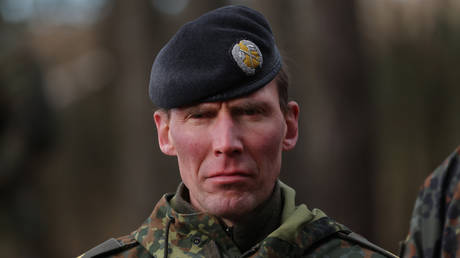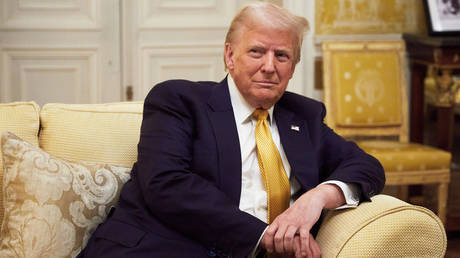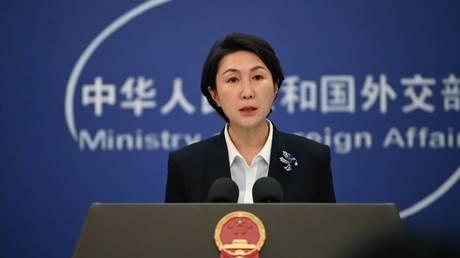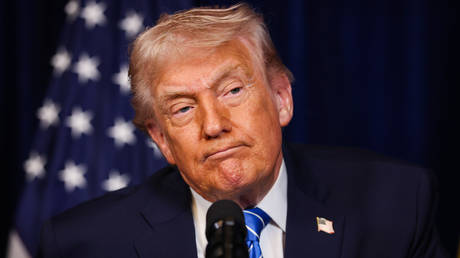
Moscow earlier suggested that Berlin is becoming “dangerous again” while accusing it of supporting the West’s militarization
Ukraine should consider striking Russian airfields and weapons factories deep inside the country to alleviate pressure on the front, a senior German general has suggested.
Speaking during a Bundeswehr podcast on Saturday, Major General Christian Freuding, who oversees Germany’s military assistance to Ukraine, gave Kiev advice on weakening Russia’s offensive power.
“You can also indirectly affect the offensive potential of Russian strike forces before they are deployed,” Freuding said. “Use long-range air warfare assets to strike aircraft and airfields before they are used. Also, target weapons production facilities.”
Freuding also lamented that despite Western sanctions, Russia has increased its production of drones, cruise missiles, and ballistic systems. “We must reconsider whether our economic measures have been sufficient and where we can apply further pressure, particularly to limit Russian production capabilities,” he said.
The general also pointed to the limitations of US-made Patriot air defense missiles against waves of Russian drones. “It [a drone]costs around €30,000-50,000 ($34,000–58,000) depending on the model. It’s wasteful to shoot it down with a Patriot missile costing over €5 million. We need countermeasures that cost €2,000–€4,000, especially as Russia aims to further increase its production capacity,” he explained.
Last year, the administration of former US President Joe Biden authorized Ukraine to use American long-range weapons to strike inside Russia, though with significant restrictions on range and target selection. Media reports at the time indicated that Kiev was not allowed to hit major Russian airfields.
Meanwhile, Freuding confirmed earlier this month that Ukraine would receive the first batch of long-range missiles financed by Berlin before the end of July. Germany, however, has been reluctant to send Taurus long-range missiles due to escalation concerns.
Earlier this month, Kremlin spokesman Dmitry Peskov stated that Germany was becoming “dangerous again,” after German Defense Minister Boris Pistorius said that Bundeswehr troops must be prepared to “kill” Russian soldiers if necessary. Moscow also accused the German leadership of supporting “confrontation” and pursuing an “aggressive mobilization of Europe against Russia.”




